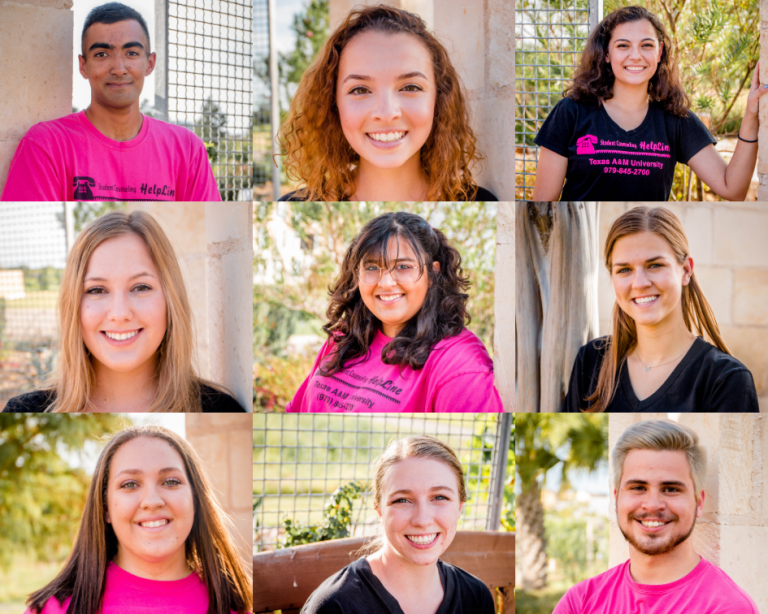How do I become a HelpLine Volunteer?
We are actively recruiting responsible, dependable people who are willing to be trained extensively to provide a nonjudgmental listening ear to callers who call our HelpLine.
Applications are accepted all year. Applications are reviewed by the HelpLine Director, Susan Vavra and applicants invited for an interview will interview with current HelpLine volunteers and the HelpLine Director. After the interview, applicants are notified by email whether or not they have been accepted for training.
We offer two training classes each academic year, in August and January. Interviews for our January class begin in November of the previous year/semester and interviews for our August class begin in April. Training takes place the week before the semester starts and is from 8:30 a.m. to 6:00 p.m. Monday through Friday, and from 8:30 a.m. to 4:00 p.m. on Saturday.
Dates for our January training class are January 8-13, 2024 (to begin service on HelpLine in the spring semester).
Training includes a combination of lecture and interactive presentations on counseling and listening skills, how to handle different types of calls, suicide assessment and crisis intervention, and when and how to make a referral. Presenters include CAPS staff and staff from other campus departments. Presentations cover the types of concerns that college students may experience, how to help a student with these concerns, and referral resources available to the caller. Each day of the training week there are role play training sessions in small groups to practice using the skills and information you are learning.
What does the HelpLine look for in a volunteer?
- The ability to communicate effectively over the phone and with fellow HelpLine workers and staff.
- Responsibility, dependability and the ability to apply good judgment and remain calm, even under the stress of a crisis.
- Willingness to maintain strict confidentiality & follow other HelpLine rules, guidelines, & ethical standards.
- A stable personality with healthy self-confidence and a good balance of both optimism and realism.
- The ability to avoid giving advice or sharing personal information, experiences, opinions, or values.
- Respect and support for the diversity of people with appreciation for the complexity of human dilemmas.
- A desire to help others, but also a recognition of the limits of one's abilities to help others

What is the time commitment?
- An average of one shift each week on the HelpLine.
- Most shifts are 4 to 6 hours long, but graveyard shifts may be longer. HelpLine volunteers pick their shifts and rarely have to cover the same shift every week.
- A one-hour supervision meeting each week in groups of 6 to 8 volunteers. This meets the same time each week for the semester and is arranged around your class and work schedule.
- Continuing Education meetings once a semester.
- Though this looks like a lot of time, HelpLiners report that it is really easy to fit in their schedules because there is such flexibility in which shifts are available.

Top 10 Reasons to Become a HelpLine Volunteer!
From the Home Office in College Station, Texas, it's the Top 10 List! And now... (drumroll)... the Top 10 Reasons To Become a HelpLine Volunteer!
- A terrific way to build a great résumé and get letters of reference, even for non-psych majors.
- Develop friendships with HelpLine co-workers who have similar interests.
- A great place to get away from obnoxious roommates and their mangy dogs.
- You get the inside scoop about Texas A&M, CAPS, and other programs and services around town.
- The HelpLine is a real home away from home: comfy couch, chairs, TV, Netflix, microwave and fridge.
- A quiet place to catch up on studies when the HelpLine is not busy. There are multiple computers, a laser printer, and internet access.
- Free coffee, popcorn, candy and soft drinks every shift.
- Terrific training in listening skills and current student issues and a chance to see if this field is for you, if you are considering a career in counseling.
- Great service awards and appreciation dinners every semester.
- That great feeling you get from knowing you made a difference in the life of a fellow Aggie.

